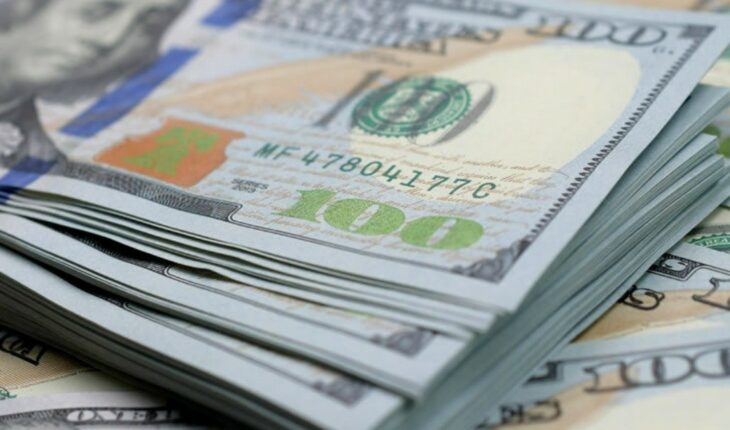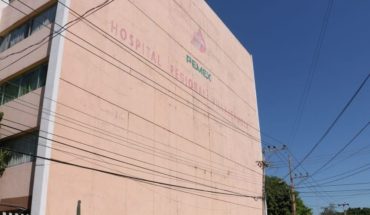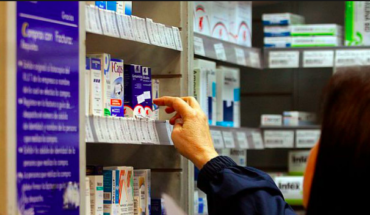With the departure of Martín Guzmán from the Ministry of Economy, the economic world underwent several changes and Argentine football was also affected by the decisions of the different organizations of the country. The blue dollar soared from 238 to 280 pesos in one weekend and this hit the pass market hard, especially when it comes to players who are abroad. In this sense, to make a purchase from abroad, as is the case of River with Miguel Borja, the institution must turn the money to the Central Bank, which is responsible for authorizing the operation according to national priorities and then, will allow the tour abroad. Since June 30, with the aim of curbing the outflow of foreign currency and increasing reserves, the BCRA does not allow more operations with currency at the official price ($125 for purchase and $131 for sale). In this way, the country tries to comply with the requirements of the International Monetary Fund to pay the external debt.
“The Board of Directors of the Central Bank adapted the system of foreign trade payments, to respond to the extraordinary needs of foreign exchange to meet the import of energy, in order to sustain economic growth and the development of SMEs avoiding speculative maneuvers on imports,” he explained through Communiqué A 7532.Given this situation, Argentina loses interest from footballers, since in other countries they will earn much more money. While another big problem that the leaders are going through are the salaries that were agreed with a free dollar, which will have to be adjusted to each increase. In this framework, clubs that do not have these arrangements pay with MEP dollar, which consists of buying a bond in pesos for later sale in dollars. This Monday morning, this exchange rate traded around 267 pesos, more than double the official dollar.
On the other hand, when sold to a footballer, the money in dollars enters the country and the Central Bank liquidates the amount to the Argentine club at the value of the official exchange, as well as the Conmebol prizes. Of the total amount, the institution is obliged to pay 25% of country taxes, 15% to the player, 7% by decree 1212, 2% to the AFA and 1% on stamps. The Borja case
The striker had confirmed his arrival at River, but this new provision prevents the Central Bank of the Argentine Republic from authorizing the transfer of dollars abroad to pay Junior de Barranquilla and Palmeiras, clubs that share the pass.





